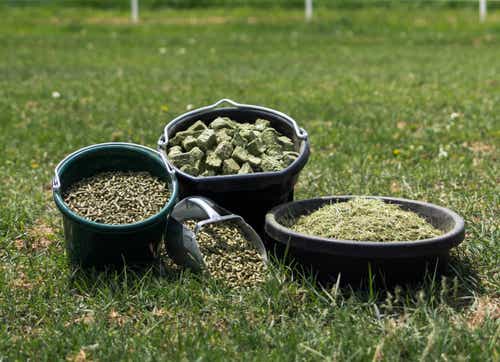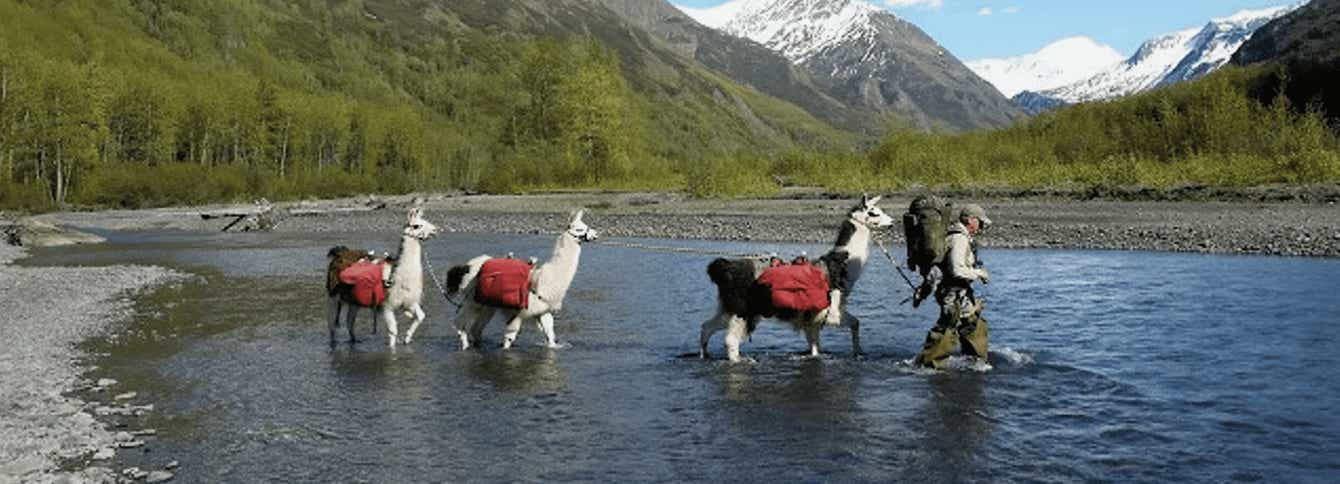
Llamas, the Ultimate Backcountry Hiking Partner?
Go further, stay longer and hike harder with your 300 pound (llama) hiking partner! Llamas have been raised in South America for centuries as pack animals. The packing ability of llamas combined with their ease of transport enables them to be utilized in a wide variety of situations and makes them ideal for packing. They are popular with hikers and hunters on longer overnight trips because they...
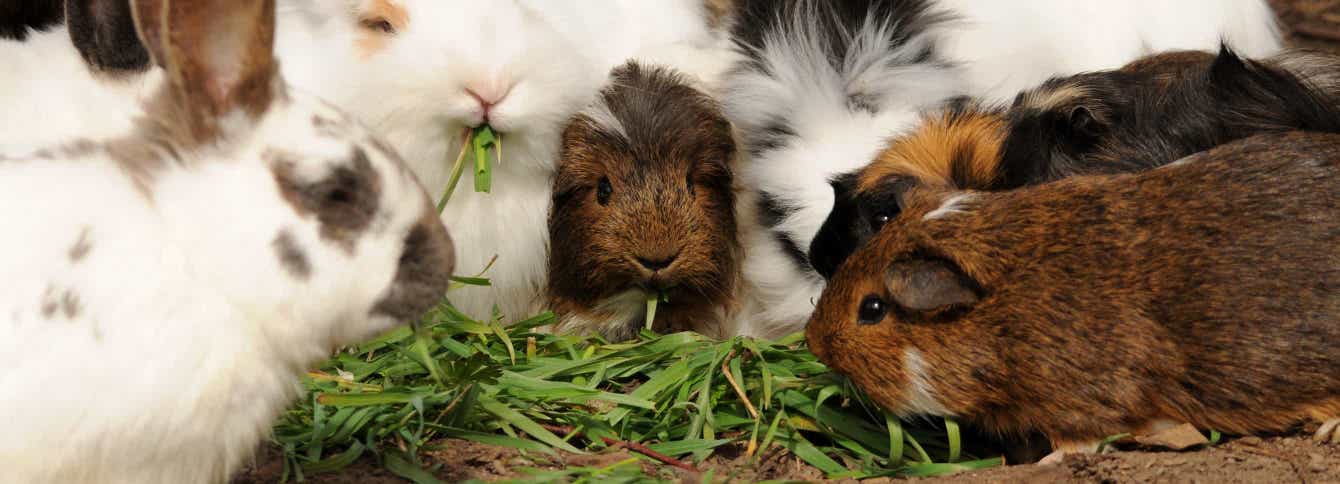
What type of forage is best for your small animal?
Did you know that providing supplemental long stem forage is both healthy and beneficial for your small animals? Have you ever wondered what type of forage your small animals should be eating? Our nutritionist, Dr. Duren, helps us answer this question by giving an overview of feeding practices by small animal species. Feeding Rabbits Start the feeding program with a formulated feed, intended for...
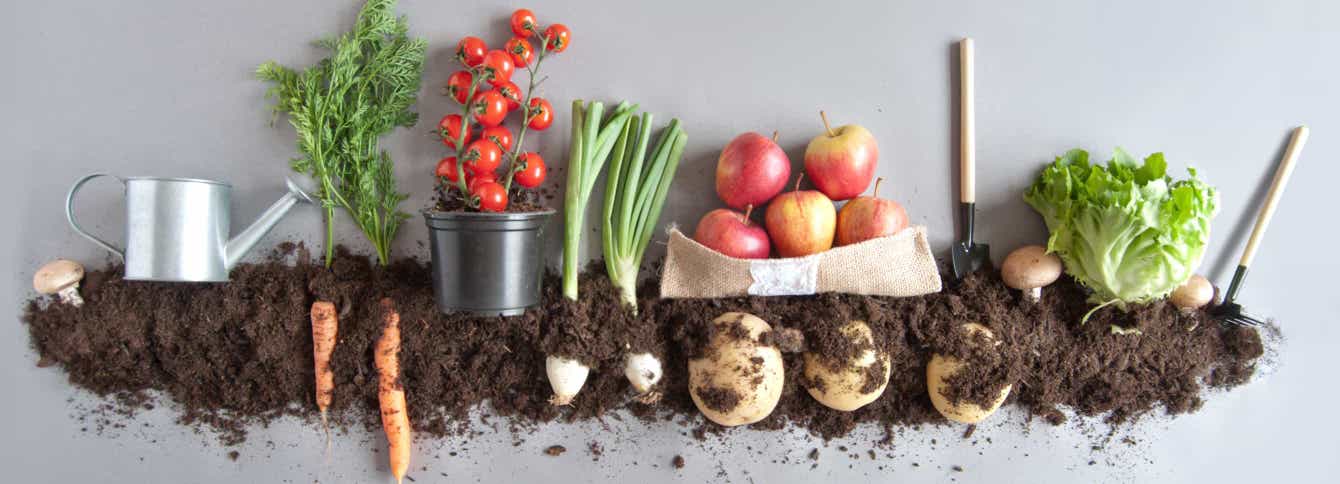
Why Use Alfalfa in Your Garden as a Natural Fertilizer Solution?
As our plants grow through each season, they deplete minerals from the soil. When the season comes to an end, the soil then becomes nutrient deficient, meaning the soil no longer has the substances that provide nourishment for essential growth and life that your plants need to flourish. Fruit and vegetables are particularly vulnerable to soil depletion; if the soil does not contain the nutrients...
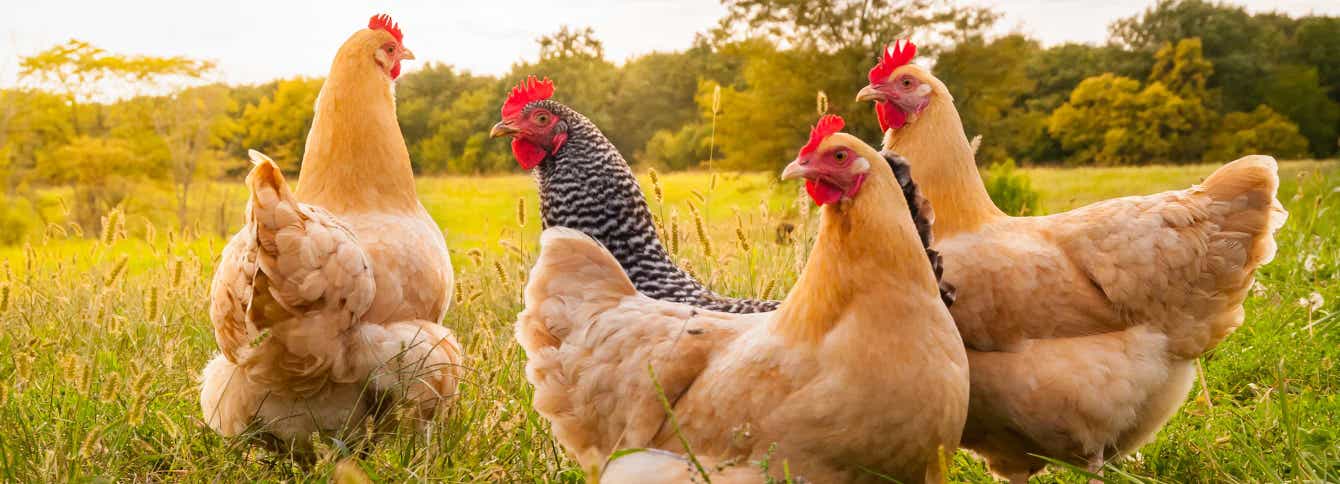
The Chicken Chick’s® Ultimate Chick Brooder Checklist
1. ENCLOSURE The brooder is the chicks’ home until they move to the coop. The brooder should be spacious, safe, and easy to clean. The brooder should be kept in a room with an ambient temperature of at least 50°F and access to natural light. The Chicken Chick recommends a large puppy playpen with a top that zips closed to prevent chicks from flying out. An enormous cardboard box is a wonderful...
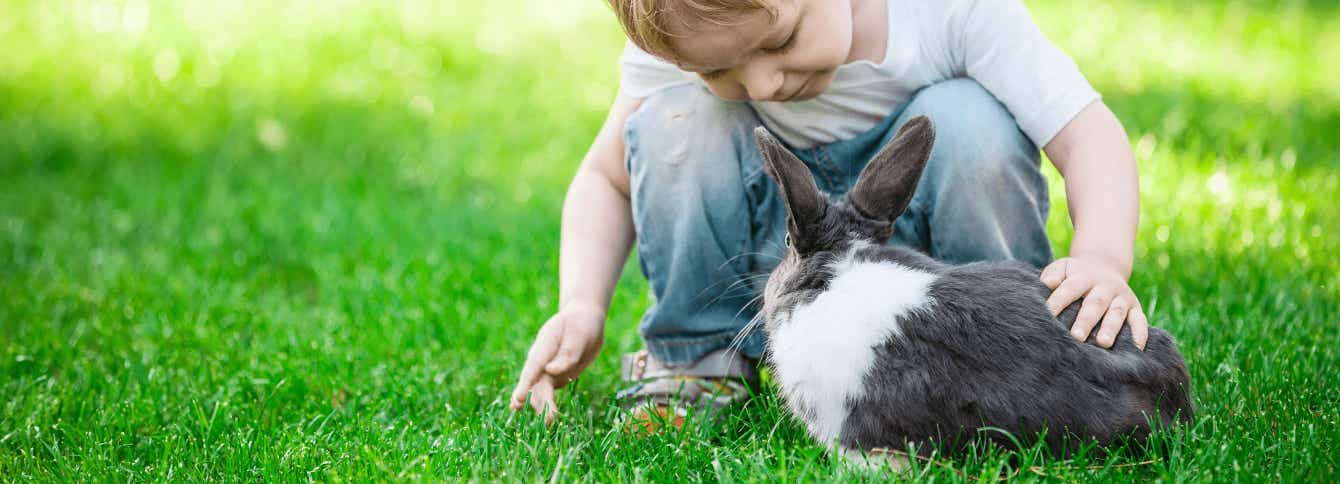
10 Tips for New Rabbit Owners: How to Take Care of a Rabbit
1.) Do your research. Before you decide to purchase or adopt a rabbit, make sure to research as much information as you can regarding rabbits such as illnesses, proper dietary needs, and housing. 2.) Find a Vet. It is important when finding a veterinarian that you find one who is experienced in rabbits as they are not common animals like dogs, cats, etc. Make sure to sit down with your vet and...

